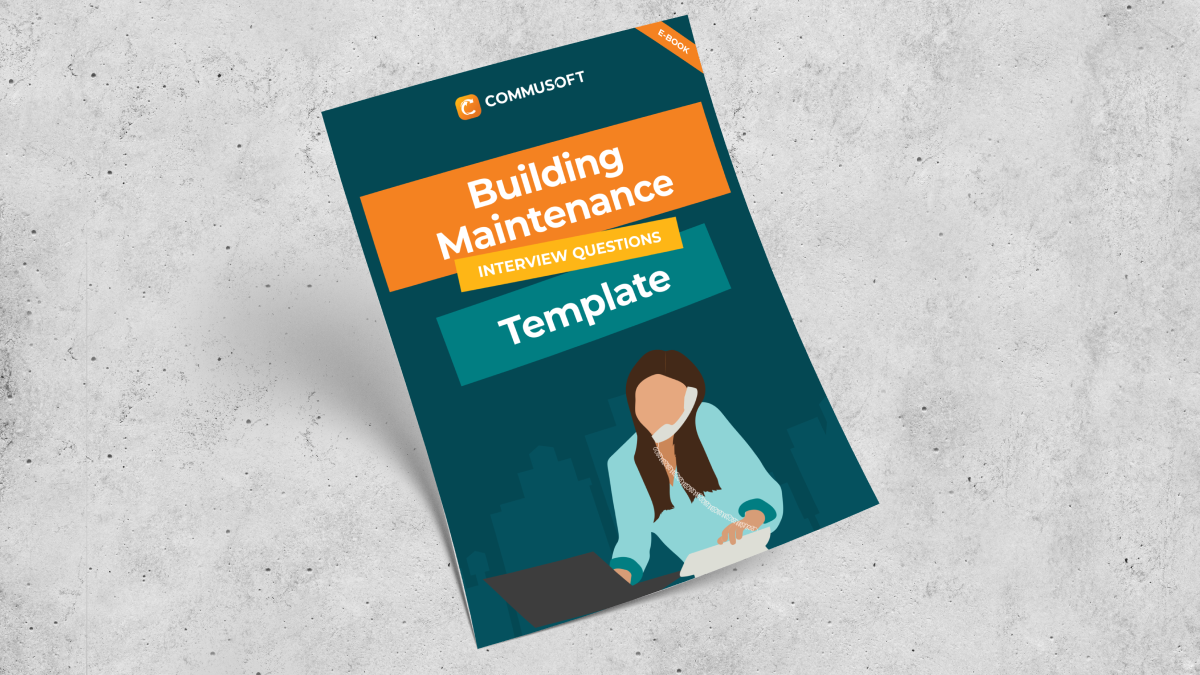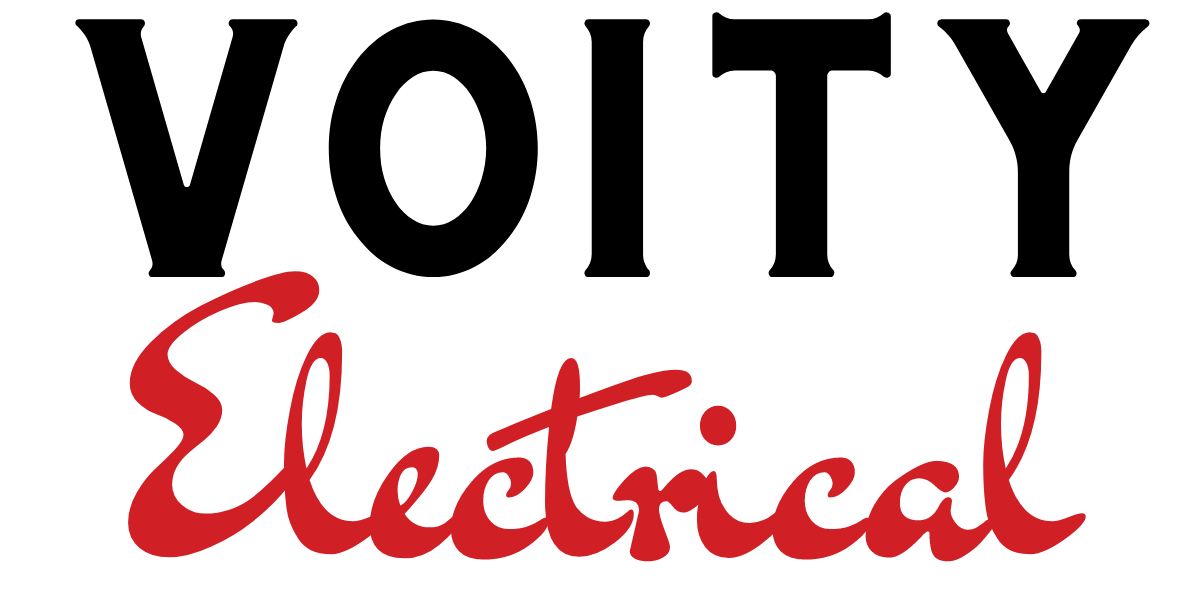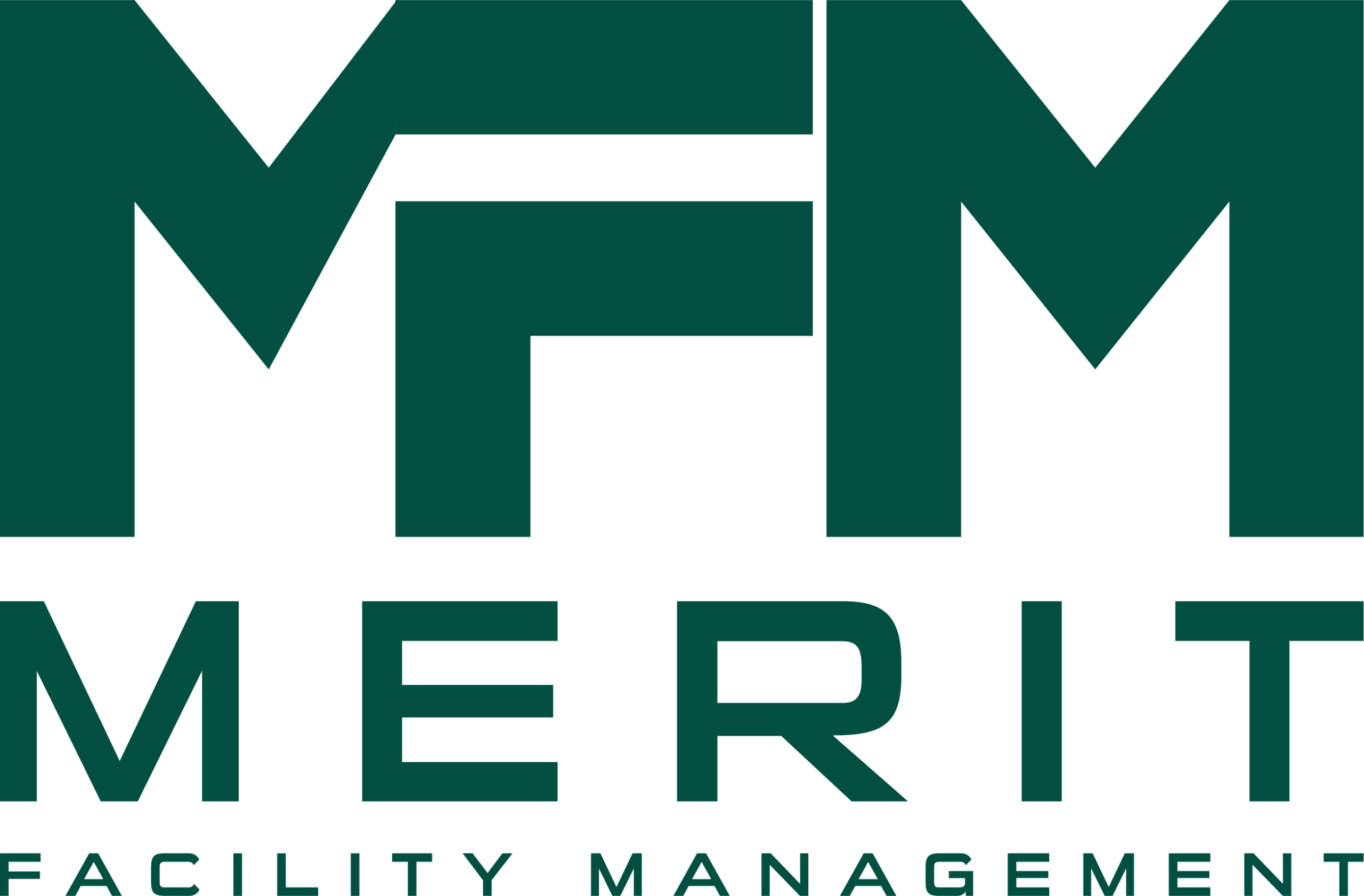11 Tips for How to Bid on Field Service Contracts
December 13, 2023 | Read: 15 minutes

Understanding how to bid on jobs and win valuable contracts is a common concern for growing trades businesses.
Whether your team handles residential customers, commercial clients, or both, expertly handling both ensures your business is optimized for success.
If you’re wondering where to start learning how to bid on jobs, we have 11 tips to help you get started!

What Does It Mean to Bid on Field Service Contracts?
Bidding on field service contracts is the act of creating and sending service proposals to prospective customers. This is how service teams establish working relationships with new clients. From there, they carry out works outlined in the contract.
Your contracts need to stand out against competitors, be memorable, and compel prospects to choose your team.
The Importance of an Effective Job Bidding Process for Winning Contracts
It varies from business to business, but for many service companies, contracted work can constitute a large percentage of jobs. This, of course, has a direct impact on company revenue.
Furthermore, a reputation for going above and beyond on service agreements and jobs can help your team continuously win contracts with the clients you want most!
Another benefit of contracts is that they’re guaranteed jobs. This future income that already secured and won’t fluctuate due to changing demand.
Preparing Your Field Service Job Bid
Research the Market and Identify Specific Needs
The first step in understanding how to bid on jobs is learning the specific needs of the area you work in. It’s simple on the surface: if you’re an HVAC business, for example, your team installs, maintains, and services HVAC units. However, if your service territory is in an area with inclement weather, offering emergency repair packages and SLAs is a great way to stand out.
Further, peak HVAC and furnace breakdowns occur during the summer and winter months. Being prepared with seasonal parts and service packages ensures your team provides unmatched customer experiences.
During the slow season, your team can market and perform planned preventative maintenance (PPM) appointments. How to bid on jobs relies on pinpointing the best services to highlight and offer during different times of the year. Your admins can create contract proposal templates for each scenario, making it easier to win the jobs your team is most prepared for.
Assess Your Business’s Capabilities
Identifying your limitations is important. After all, overpromising and underperforming is a good way to guarantee customers won’t renew their contracts. This doesn’t mean you should underpromise and overdeliver; without a history with your team, new clients might sign with competitors who guarantee more than you do.
We recommend understanding the services your team consistently performs well. Here are some to help you get started:
- Personalized customer care
- Responding to customers within a set timeframe
- Scheduling and dispatching an emergency job within a set timeframe
- Arriving on-site within a set timeframe
- Guaranteed safety standards and insurance
- First-time fix-rate
- Invoice sent within a set timeframe after job completion
Sharing merits like these, and pairing them with outstanding reviews and testimonials from past customers, will build trust in your business. Even more, this exercise can help you identify business weaknesses to work on; your team should constantly be improving!
Be sure to consider the differences between the needs of your residential and commercial clients. Generally, residential customers provide easier, quicker money and require fewer technicians. They’re often easier to please and form a long-lasting relationship, as well as simply being nicer to work with. Compared to commercial, residential jobs usually have lower stakes.
Fulfilling commercial maintenance contracts will require more manpower and resources from your team. While this will put a larger strain on your team, these appointments and contracts will provide higher profits.
With local market knowledge and team strengths in mind, it’s time to create persuasive service contract templates!
Recommended Tips on How to Bid on Jobs
1. Be Aware of Deadlines
It sounds obvious, but too many field service businesses commit one or more of these mistakes:
- Wait until the last minute to start writing their proposal.
- Procrastinate on getting the accreditations they need for a contract.
- Think, ‘We’re so great, when they see this proposal, they won’t care that we missed the deadline“.
Timeliness is everything when improving how to bid on jobs. Completing and sending contracts, correspondence, or any customer communication, within a set timeframe is how the best service teams prove that they take service inquiries seriously.
If you get lucky and the prospective client reviews your proposal before signing with a competitor, can you imagine the first impression you’ve already made? Trying to establish a working relationship on the wrong foot with a postponed contract can leave a bad taste in your prospect’s mouth. After all, a tardy contract demonstrates a lack of commitment to high standards and implies your team won’t respect your customer’s time when it’s time for the appointment.
The last thing you want to do is create doubt about your team’s professionalism and ability to handle time-sensitive tasks. Be sure to prove to paying customers that you prioritize their needs by respecting their time!
2. Bid for Contracts That Suit Your Business
Are you bidding on every opportunity that reaches your business? If so, your win rate is probably low because many of these opportunities aren’t a fit for your field service business.
While it sounds backward, narrowing your focus can help win more jobs. Knowing both when and how to bid on jobs relies on an understanding of your market’s needs and your business’s capabilities, which we covered previously. Aligning your entire team with this knowledge ensures your contract bidding process best aligns with your team’s abilities and targets.
It’s unfair to both your customers and team to provide services you’re incapable of completing successfully. Be sure your company fits the requirements and can perform the job, the buyer has no legal or ethical issues, and the contracted terms and conditions are reasonable.
With huge competition for contracts it is not enough to simply ‘meet the requirements’, you need to add value.
You need to prove that you are the right company for the job and will add great value to the specified service. Whether this is creating jobs, working in the community or including additional services, commercial business owners and evaluators are always looking for added value.
Executive Compass
Here’s a tip: when declining an opportunity, be polite and point them in the right direction. They might not be a good fit now but being helpful and closing the conversation on a positive note can lead to referrals; or, they might reach out for work in the future.
3. Have Proof for Any Claim

It’s a balancing act. You love your business and know it brings value to customers. The people reading your proposal, however, don’t have any experience with your company.
Showcasing specific ways your team can go above and beyond and providing statistics is great for compelling prospective customers to choose your team.
Presenting your business in the best light is important, but don’t be disingenuous. Nobody wins when you make claims you can’t confirm with clear evidence. Sharing “appliances installed by our team have a 30% lower rate of breaking down” on your contract tenders, for example, can lead to the natural response of “Really? Says who?”.
Instead, highlighting successful past jobs, positive customer reviews, and team merits, will help prove that you can handle a big contract.
4. Bid on Value, Not on Price
Many plumbing, HVAC, electrical, and facilities management businesses believe the final contract decision comes down to price. The lowest price will always win, right?
We disagree. If price outweighs value, the prospect likely won’t be a customer your team would want to work with. If they’re cheap when hiring you, they’ll be cheap everywhere moving forward. Hindrances like these will lead to a negative work environment, creating more problems than it’s worth.
It might shock you; according to SuperOffice, “86% of buyers are willing to pay more for a great customer experience.”
Expertly navigating how to bid on jobs depends on emphasizing the great quality/cost ratio you offer compared to competitors. Your services might not be the cheapest option, but the quality of what’s being offered should be so significant that prices are irrelevant.
5. Check Your Costs for Errors
As you know, pricing is a tremendous factor in whether you win or lose a maintenance contract. Being too low-cost will harm your business, but you must be realistic when calculating your service pricing. From parts and appliance pricing to personalized discounts, labor rates, and more, there’s a lot to consider in your costings. Any mistake in your calculation can cause the buyer to discard your bid completely.
A digital platform like Commusoft’s Job Costing software can help your team understand expenditures and profit margins for each service you provide. Or, if you’re unsure what to charge, we got you covered; check out this post on how to calculate your pricing for profit.
6. Focus on What You Can Do for the Client
You offer the most value, have the best contractors, price your services with the best margins, and your customers love you. These are great qualities to cover in your service proposals. There’s a balance to strike, however.
When contracts only discuss your company, you fail to focus on what matters most; your clients.
First, take your contract tender template and highlight the word “we” and your business name. Naturally, these will be used frequently. In these instances, consider adding customer pain points and concerns. These vary across different trades and the services you provide. Common customer headaches include:
- Waiting too long for a response.
- Interacting with rude employees.
- Wrong service and billing details.
“We always respond to queries within X hours”, for example, is great to include in your contract tenders. To make it even more compelling, link your strengths with your customers’ needs. “We always respond to queries within X hours, so you don’t have to wait by the phone”.
Further, you can customize your contracts by adding specific needs prospective clients have mentioned during your surveying process. Remember this: the question most important to prospective customers is “how can you help me get the job done?” Offering concrete plans for the new project proves how invested your team is, making it easier to win bids.
7. Be a Grammar Nerd
You know the jokes about people who are obsessed with grammar. A double negative is like a bullet to the heart and the Oxford comma has a dedicated weekly celebration in their schedule. It’s all fun and games, however, until it’s time to submit a formal proposal. That’s when you should be running to your grammar nerd friends, begging them for help.
That’s because even if you pick just the right maintenance contract opportunities and offer tons of value in your bid if the proposal is riddled with spelling and grammar issues, your business will come across as unprofessional.
Unfortunately, the grammar check and spell check functions in word processing software don’t pick up on every problem. Here are a few tips on improving the quality of your text:
- Print out the file. You’ll catch snafus you didn’t notice while proofreading on a screen.
- Ask someone else to take a look. Getting a different perspective helps uncover awkward phrasings, run-on sentences, bad transitions, and other issues.
- Hire a professional proofreader. If you’re writing the maintenance contract bid internally instead of outsourcing it, hiring a proofreader to give your document a final going-over will be money well spent.
Remember, your proposals are reflections of your business; clean and error-free documents can contribute to increased job win rates.
8. Don’t Recycle Old Proposals

Most trades businesses use contract tender templates. After all, your team is busy, and most standard details will be the same for the services you provide. Naturally, admins shouldn’t be rewriting job bids from scratch each time.
Your team should, however, gather specific information and client needs during your sales process. These will culminate in a more personalized and persuasive service contract. These details can include, for example,
- The exact appliances and parts needed.
- Specific recommendations made by your team.
- The days and hours your client will be available.
Ultimately, every buyer you encounter will be different, and evaluators can tell when you’re using a generic template. We understand; writing an entirely new maintenance contract for every bid is a daunting task. To help, we’ve put together this guide on how to write a contract tender.
9. Review the Buyer and the Contract
If your prospective clients are doing their due diligence, they’ve contacted and are comparing multiple service providers before making a final decision. This means they have to assess piles of bids for the job. These, eventually, can blend into an undifferentiated pile of blah.
Humor and flowery prose aren’t a good fit for a professional document, but that doesn’t mean your proposal has to read like a business memo. Here are some style tips for keeping your service bids interesting and memorable:
- Keep your sentences short.
- Use bullet points and other formatting methods to enhance readability.
- Keep your language positive and engaging.
- Research the client – their website, written materials, and customer communications – so you can write in a similar style to theirs, which shows you’ve done your homework and treat every client like it’s your only one.
- Ditch the jargon and fancy words. Don’t use a long word when a short one will do.
- Be active. Overusing the passive voice (e.g. “The inspection was done by X company”) makes your writing sound weaker and less direct. When you can, use the active voice (e.g. “X company inspected the appliances) instead. These days, great tools like Grammarly will identify the passive voice and prompt you to change it where necessary.
At the end of the day, keeping service bids short, to the point, and personalized is a great formula for improving your win rate.
10. Employ a System to Help You Keep Track of Everything
It’s okay if this is a bit overwhelming. Commercial maintenance contracts require a certain level of business knowledge and imply a high level of responsibility. After all, while they might bring in higher profits than residential work, the liability risks also increase exponentially.
Using a field service management software solution can ensure your team has the right organizational skills, financial data, and expertise to write a proposal. Further, digital processes give you a tremendous advantage over your competitors.

Using high-quality service contract management software proves to customers that your team is invested (literally) in keeping up with the times. This makes it much easier to build trust and transparent business processes. This is vital for winning and retaining contracts.
11. Anticipate Unforeseen Circumstances
As you know, the situation is always changing in the trades industry. Being prepared for, and expertly handling changes is how the best teams stand apart. Your team should always have a plan for eleventh-hour pricing and billing concerns, unforeseen changes in the scope of the project, last-minute job cancellations, and more.
Job management software can help your team pivot and incorporate new developments with ease, all while ensuring admins and contractors have all the information they need. Questions and concerns can be answered in less time, improving customer experiences.
With so much your team can’t control, outfitting your team with the best tools benefits everyone involved.
Post-Bid Evaluation and Improvements
You understand how to bid on jobs and won the service tender! Fantastic! This is just the beginning. Outside of your team carrying out the service, it’s important to track job bid performance, analyze success rates, and walk away with valuable lessons to apply to future improvements.
There’s a lot to learn case-by-case, and you should record outstanding circumstances to apply to future tenders. But if your team wins and manages a high volume of contracts, it’s both unreasonable and unsustainable to perform a deep dive into every single bid after they’re won.
Try reviewing and updating your service contract tender templates at least once a year. Analyzing the big picture can help your team understand performance as a whole. Furthermore, this process can also help you determine if your sales would team could benefit from a company brochure, for example.
Whether your branding has been revamped, industry licensing and safety standards have changed, or want to include newer client testimonials and success stories, keeping your documents up-to-date demonstrates dedication to consistently going above and beyond each time.
How to Bid on Jobs and Win More Field Service Contracts
Learning how to bid on jobs is a big step for many contracting companies. Successfully managing maintenance contracts can guarantee future growth.
Many of the prospective customers your team will encounter, especially commercial customers, will have high standards.
Optimizing your communications with them will play a big part when they judge your performance.
If think it’s time to refresh your communications, check out our template collection and get a head start, here!

Emma Bozenda
When I'm not writing about the best digital solutions for trades businesses, I'm either playing with my three dogs, or baking sweet treats!








